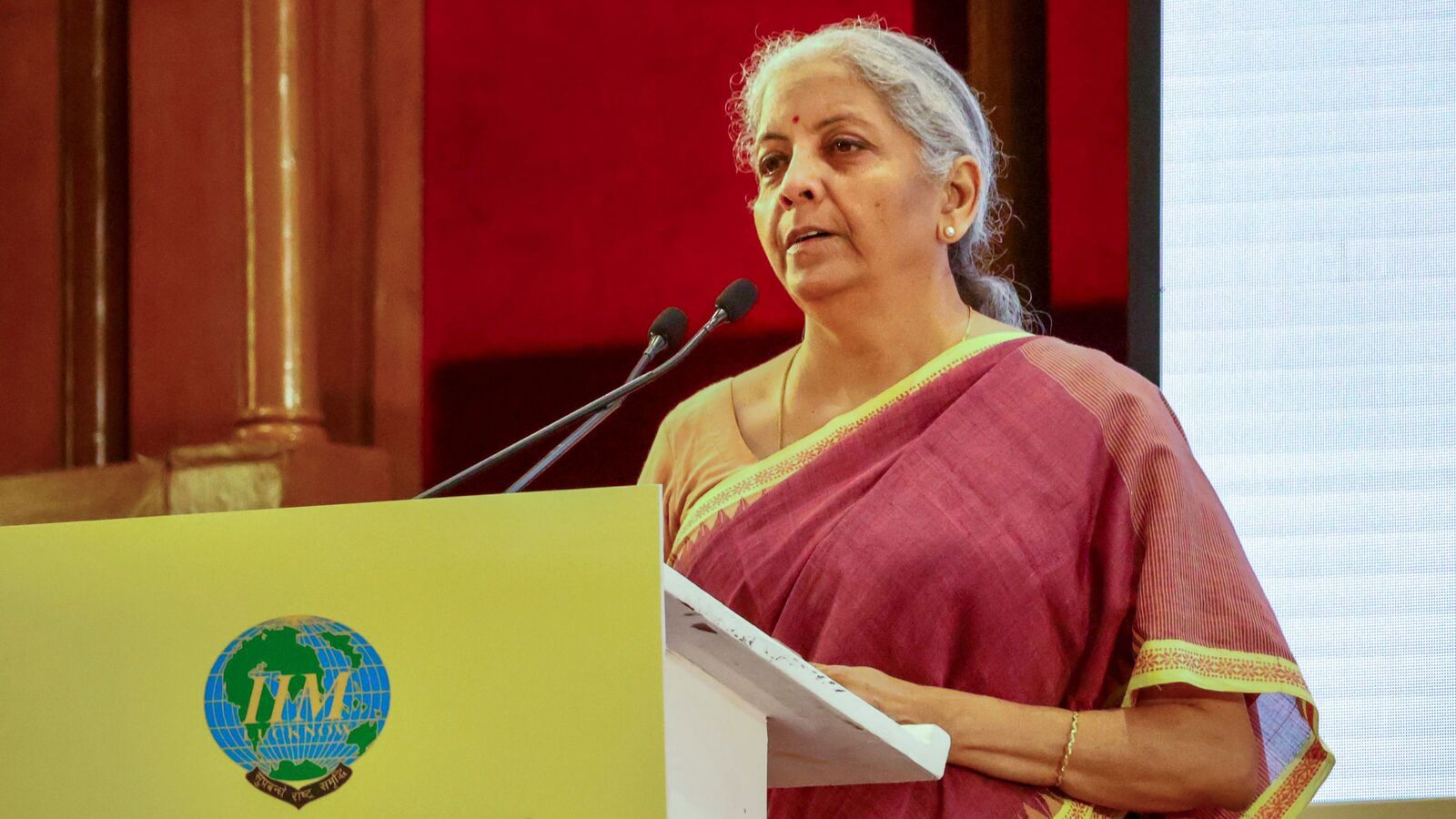Sitharaman to Meet Sr Officials for Ease of Doing Business, Trade Facilitation

Finance Minister Nirmala Sitharaman is set to meet senior officials of direct and indirect tax administrations on two separate occasions this month to discuss measures to improve the ease of doing business, support trade, and reduce time taken to address grievances.
In accordance with the schedule, Sitharaman will convene a meeting with principal chief commissioners in the Central Board of Indirect Taxes and Customs (CBIC) on 20 June and with their counterparts in the Central Board of Direct Taxes (CBDT) on 23 June. The meetings aim at reviewing performance in handling Goods and Services Tax (GST) and customs, as well as other tax-related matters.
Export Refunds to be Key Focus Area for Sitharaman
The Minister is expected to lay special emphasis on timely tax refunds processing, emphasizing that delays beyond 60 days would be scrutinized. Specific categories such as SEZ-linked exports will also see greater scrutiny regarding refund processing.
Delays in Cargo Clearance Across Ports and Airports Expected
Sitharaman's review of cargo dwell time at ports and airports is another priority area, ensuring efficient clearance times for shipments with automated clearance processes being a focus.
Investigations into Income Tax Department (I-T), Including High Pendency Cases, Also Under Review
Sitharaman is also expected to engage with principal chief commissioners of the I-T Department on 23 June. Reviews are slated to include improvements in taxpayer services delivery, litigation management, systems accountability, and measures to reduce legacy cases piling up.
In these interactions, Sitharaman will evaluate performance data such as pending queries raised through online platforms, average disposal times, unresolved grievances, and other taxpayer-centric metrics, aiming to ensure compliance and trade facilitation are balanced under the I-T Department's purview.
A focus is set on timelines for investigations, physical verification outcomes, technology usage, zone compliance with tax regulations, best practices in taxation areas, reiterating an emphasis on taxpayer-centric policies, and fostering transparency across all aspects of these departments.
